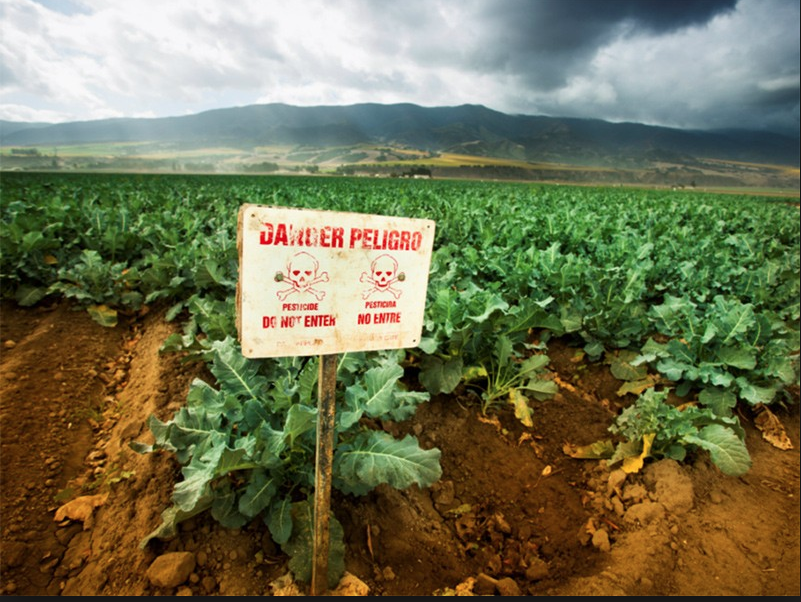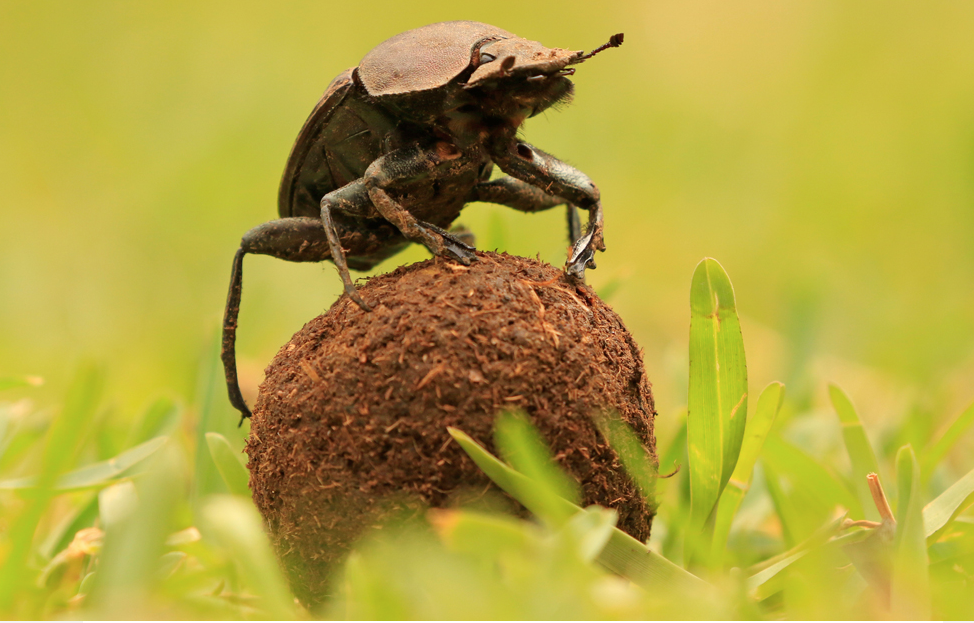With all this organic goodness happening in my yard, it saddens me to read that the EPA is refusing to ban the neurotoxic pesticide chlorpyrifos-even though the 9th U.S. Circuit Court of Appeals ordered the pesticide completely off the market last summer. The EPA is fighting that decision. "Several studies have linked prenatal exposure of chlorpyrifos to lower birth weights, lower IQs, attention deficit hyperactivity disorder and other developmental issues in children. But the EPA in 2017 ignored the conclusions of its scientists and rejected a proposal made during the Obama administration to ban its use in fields and orchards." Hawaii was the first state to pass a full ban last year. Now California, Oregon, New York and Connecticut are trying to do the same. I hope that they are successful and that this poison is fully banned from use soon.
Other bad news on the food front: from Carolyn Fortuna, PhD at Clean Technica
"It is becoming increasingly apparent that a yeast called Candida auris (C. auris) has resistance that is traceable to industrial agriculture’s mass application of fungicides. These chemicals approximate the molecular structures of antifungal drugs and that of many other fungi species. This yeast is killing immunocompromised patients in hospitals, clinics, and nursing homes at a fast pace — up to 40-60% of those who suffer bloodstream infections now die in a month’s time. The reason for the rise in patient deaths is agricultural applications, which generate drug resistance across multiple human bacterial infections. This drug resistance kills 23,000-100,000 in the US annually. If you extend that death toll to global infections, we’re looking at 700,000 people worldwide." Read the full article
In 2013, Matt Jones, a doctoral student from Washington State University, approached dozens of West Coast produce farmers, both organic and conventional, with an unusual request. He wanted them to apply pig feces to broccoli fields to study whether dung beetles and other soil organisms were able to reduce food-borne pathogens.
While roughly 50 farmers declined, ironically because it introduced too much risk to their operation, the 43 farms that took part in the experiment helped demonstrate that greater biodiversity, including both dung beetles and soil microbial communities, suppressed E. coli and other harmful pathogens. In addition, a seven-day laboratory experiment revealed that two dung beetle species reduced E. coli numbers by over 90 percent and nearly 50 percent, respectively. Read full article here.
I still find it hard to believe that ANYONE thinks it is a good idea to use poisons to grow food. I say "Bring on the Dung Beetles!"


 RSS Feed
RSS Feed
